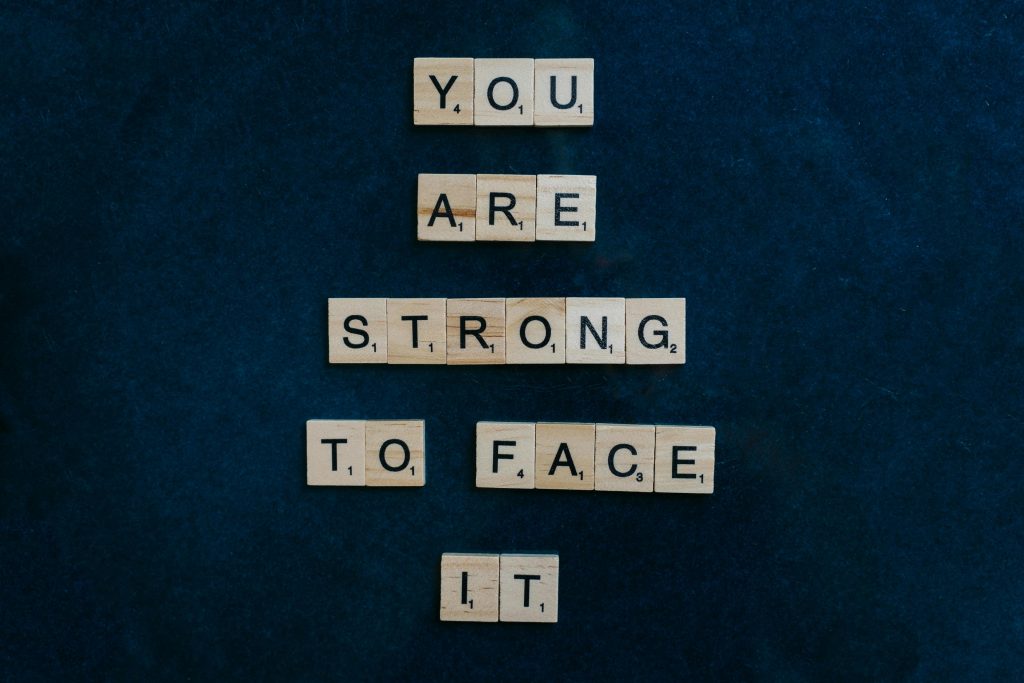Break the Cycle for Lasting Change
Embarking on a weight loss journey is not just about adjusting your diet or increasing your physical activity. It’s about transforming your habits, environment, and mindset to support sustainable change. One of the most significant hurdles many people face is enabling behavior—both from themselves and others. These behaviors often undermine progress, perpetuate unhealthy patterns, and make achieving long-term success more difficult.
In this blog post, we’ll dive deep into understanding enabling behavior, recognizing it in yourself and your relationships, and implementing strategies to stop it once and for all.

What Is Enabling Behavior?
Enabling behavior refers to actions that, intentionally or unintentionally, support unhealthy habits or prevent someone from taking responsibility for their own choices. In the context of weight loss, enabling might look like:
- Buying junk food for someone who is trying to eat healthily.
- Encouraging “cheat days” too frequently.
- Dismissing poor food choices with phrases like “You deserve it” or “One time won’t hurt.”
- Participating in unhealthy habits, such as skipping workouts or indulging in late-night snacks together.
Enabling behavior often stems from a place of love or shared habits, but its impact can be counterproductive. Understanding how it shows up in your life is the first step to stopping it.
Recognizing Self-Enabling Behavior
Before addressing enabling behavior from others, it’s important to examine your own habits and mindset. Self-enabling behaviors can sabotage progress, even if they seem harmless at the moment.

Signs You May Be Enabling Yourself
- Rationalizing Poor Choices
You might convince yourself that certain actions are okay because you “deserve it” or because you’ll “start fresh tomorrow.” - Over-Relying on Motivation
Waiting to “feel motivated” before making healthy choices can lead to inconsistency. True progress comes from discipline, not fleeting emotions. - Ignoring Small Wins
Focusing only on the ultimate goal while dismissing small successes can make you feel like your efforts are inadequate. - Creating Excuses
“I’m too busy,” “It’s too hard,” or “It’s just who I am” are common excuses that keep you stuck in the same patterns.
How Others Enable You
Sometimes, the people around us can be our biggest enablers without even realizing it. Friends, family, or coworkers may unintentionally hinder your progress through their actions or comments.

Examples of Enabling from Others
- Pressure to Indulge: Social gatherings often involve unhealthy foods, and declining might be met with comments like, “Come on, it’s just one slice of cake.”
- Minimizing Your Goals: Statements like, “You don’t need to lose weight” or “You’re fine just the way you are” can make you feel guilty for wanting to change.
- Sabotaging Routines: A partner suggesting you skip the gym for a movie night or coworkers bringing donuts to the office can derail your plans.
- Negative Reinforcement: People might discourage your efforts if your changes highlight their own unhealthy habits.
It’s essential to address these dynamics with honesty and assertiveness while protecting your goals.
How to Stop Enabling Behavior
Now that we’ve identified enabling behavior, it’s time to focus on how to stop it. Change requires setting boundaries, developing self-awareness, and fostering a supportive environment.

1. Set Clear Boundaries
Boundaries are crucial in preventing enabling behaviors, both in yourself and in your relationships.
- Communicate Your Goals: Share your weight loss journey with the people around you and explain how they can support you.
- Learn to Say No: Politely decline offers or activities that don’t align with your goals.
- Establish Limits: For example, agree with your partner that you won’t keep junk food in the house.
2. Build a Support System
Surround yourself with people who uplift and motivate you. This can include:
- Joining fitness classes or online weight loss communities.
- Finding an accountability partner to keep you on track.
- Seeking professional help from a coach, nutritionist, or therapist if needed.
3. Identify Triggers
Understanding what prompts enabling behavior is key to stopping it.
- Self-Reflection: Note the times you enable yourself, such as after a stressful day or when celebrating a milestone.
- Recognize Patterns in Others: If a friend or family member frequently brings you unhealthy snacks, address the issue kindly.

4. Develop Coping Strategies
When enabling behavior stems from emotions or stress, having healthy coping mechanisms is essential.
- Replace Emotional Eating: Engage in activities like journaling, walking, or meditating to manage stress.
- Reward Yourself Wisely: Celebrate milestones with non-food rewards, such as a new book or workout gear.
5. Practice Mindfulness
Mindfulness can help you stay present and make intentional choices.
- Pay attention to why you’re eating—are you hungry, or are you bored or emotional?
- Be aware of how certain comments or actions from others affect your mindset.
Dealing with Resistance
Not everyone will immediately support your efforts to stop enabling behaviors. Some people may feel defensive or even threatened by your changes. Here’s how to handle resistance:

- Stay Firm but Kind: Stand your ground without becoming confrontational. Use “I” statements to express your feelings, such as, “I feel more in control when I stick to my plan.”
- Focus on Your Why: Remind yourself of the reasons you started your weight loss journey and keep those at the forefront.
- Lead by Example: Your commitment may inspire others to make healthier choices for themselves.
The Role of Self-Compassion
It’s important to approach this journey with self-compassion. Eliminating enabling behaviors takes time and effort, and you’ll likely encounter setbacks along the way. Instead of dwelling on mistakes, view them as learning opportunities. Remember, progress is not about perfection but about persistence.
Celebrate the Wins
Stopping enabling behavior is a transformative process that can lead to profound changes not only in your physical health but also in your relationships and mental well-being. Celebrate your victories, no matter how small, and acknowledge the hard work you’re putting into creating a healthier, happier life.

Conclusion: Take Control of Your Journey
Weight loss is a deeply personal journey, and breaking the cycle of enabling behavior is a powerful step toward lasting success. By setting boundaries, building a supportive environment, and fostering self-awareness, you can create a foundation for sustainable change.
Remember, this is your journey, and you have the power to make choices that align with your goals. Let go of behaviors—both your own and others’—that don’t serve you. The path to a healthier life starts with taking control and refusing to enable the habits that hold you back.
💬 Join the Bariradka Transformation Support group on Telegram!
Get exclusive tips, behind-the-scenes content, and chat directly with the author.
➤ Join the Community

